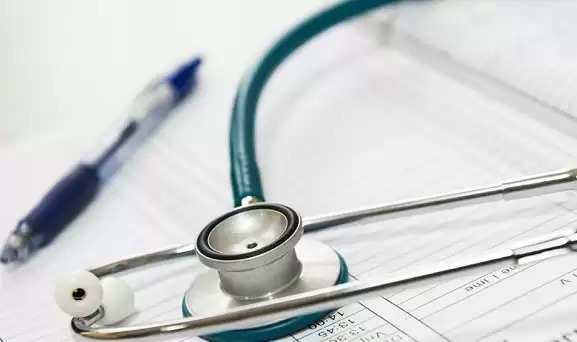
Kiran Awasthi Case: A rare disease has been discovered for the first time in India. It is so new and unique that no such case has ever been reported in India before. Only 24 cases have been reported so far in the medical science literature around the world. None of these were from India. The name of this unique disease is Bilateral Trigeminal Neuralgia.
This is the first case reported in Maharashtra. A team of doctors from Mumbai's Jaslok Hospital and Research Center successfully treated a 56-year-old woman suffering from bilateral trigeminal neuralgia through advanced neurosurgery. After that, the hospital issued a statement saying, 'Primary bilateral trigeminal neuralgia is a very rare disease. Only 0.6 to 5.9 percent of its cases are reported. In this, bilateral microvascular decompression (MVD) was done. As a result, the patient got complete relief from pain.'
When the patient in pain started thinking about suicide…
In fact, Kiran Awasthi, a resident of Maharashtra, was suffering from this disease for five years with sharp shock-like pain on both sides of the face. This pain of the woman used to last for several minutes. Due to this, she had trouble talking, eating, cleaning teeth and even coming in contact with cold air. Due to lack of proper treatment of the disease, the woman did not get any relief despite many treatments. Due to unbearable pain, it became difficult for her to even do everyday household chores. She started thinking about suicide.
Subsequently, an MRI scan in October last year revealed that vascular loops were pressing on his trigeminal nerves. Bilateral primary trigeminal neuralgia was diagnosed. Neurosurgeon Raghavendra Ramdasi of Jaslok Hospital said, “Bilateral trigeminal neuralgia is considered one of the most painful conditions. This rare case was successfully treated with bilateral microvascular decompression for the first time in India. Seeing the patient lead a normal life again after five years is the biggest reward for us.”
Which medicines are effective?
Drugs such as carbamazepine, gabapentin, lamotrigine and topiramate can provide relief. Microvascular decompression is still the best treatment for this. The patient was first operated on her left side, then a week later, on her right side. The doctor said, 'After the surgery, the patient got complete relief from pain. This made her life normal. After six months, she is now living a pain-free life.'
Kiran thanked the doctor for giving her a new life and said that she has come back from the jaws of death. Due to unbearable pain, she started thinking of committing suicide.
 look news india
look news india